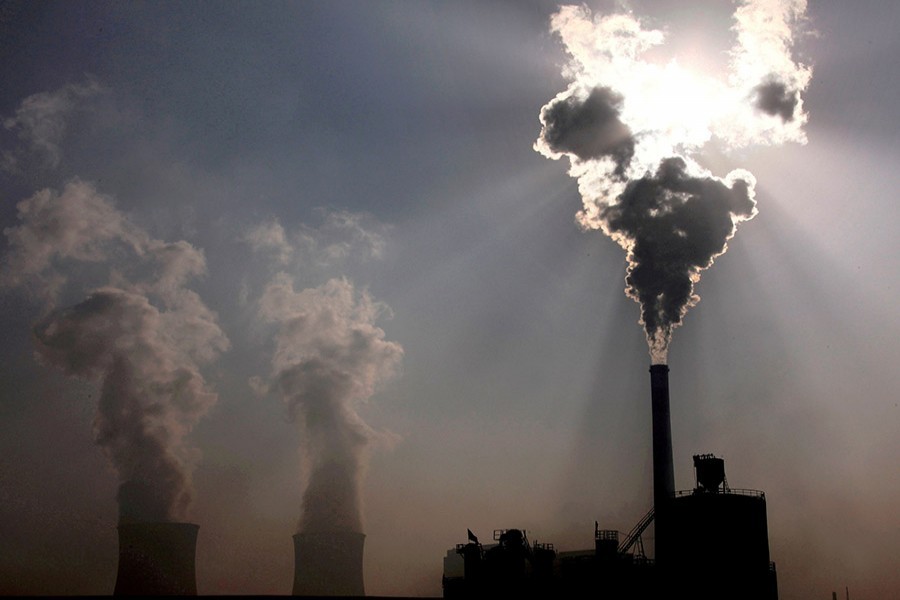The desperation of factories and industries in the face of severe gas crisis could not be expressed in more eloquent terms than the Bangladesh Textile Mills Association (BTMA) has done. It has offered to pay more than one-third higher price than the existing rate in exchange for uninterrupted supply of the precious energy. Against the current rate of Tk 16.33 a cubic metre of gas, the BTMA is willing to pay Tk 22.83. Its argument stands on solid ground too. The country's once famed textile industry turned moribund for a few decades before it made a strong revival on the back of the readymade garment (RMG). Local textile mills now meet 90 per cent requirement of the country's export-oriented knitwear factories and 40 per cent of the woven garment factories. Also, the government earlier raised gas tariff twice with the assurance of uninterrupted gas supply.
Since March last, the gas crisis forced cut on production in textile mills and the situation has deteriorated so much that the mills cannot go for more than 35-40 per cent of their production capacity. Clearly, the snowballing effects will be multi-dimensional ranging from closure of the production units to supply crunch of the main ingredient, fabric that is, for the RMG factories. The knitwear factories will be the worst sufferers and the woven apparel factories too will have to outsource the 40 per cent of fabric they received from local sources. Not a bright prospect particularly when the country runs short of foreign exchange! If the number one forex earner's production witnesses a drastic drop, its impact will be devastating for the country's economy. Not only the textile industry alone, other small backward linkage industries cannot sustain the onslaught. The crisis call is expected to reverberate all across most other industrial sectors and sub-sectors if gas and other fuels cannot be managed in time.
In this connection the claim made by the BTMA about the input and output is quite revealing. It assures that if the government can provide them with gas worth $1.2 billion, the BTMA in return will be able to export an equivalent of $48 billion products. But the authorities disarmingly admit that shortage of foreign currency has come in the way of going for gas import right at this time. Other export-oriented industries such as ceramic is also primarily dependent on gas for production. This and other such industries may not make tall claims like textile and RMG sectors but their contribution also counts in supplying blood to the country's economic vein.
True, the challenge of meeting the energy demands from different quarters is almost insurmountable in the context of global crisis originating mainly from Russia-Ukraine war. But Bangladesh was offered fuel at a cheap rate by Russia. If India can take delivery of crude oil at a throwaway price for refining, this country cannot do so because there is no such facility. Policy failure in this regard is conspicuous. So, the option open to Bangladesh is to negotiate deals for refined oil and even LNG from Russia or from friendly Middle Eastern sources. Astute energy diplomacy could help the country tide over this critical time


